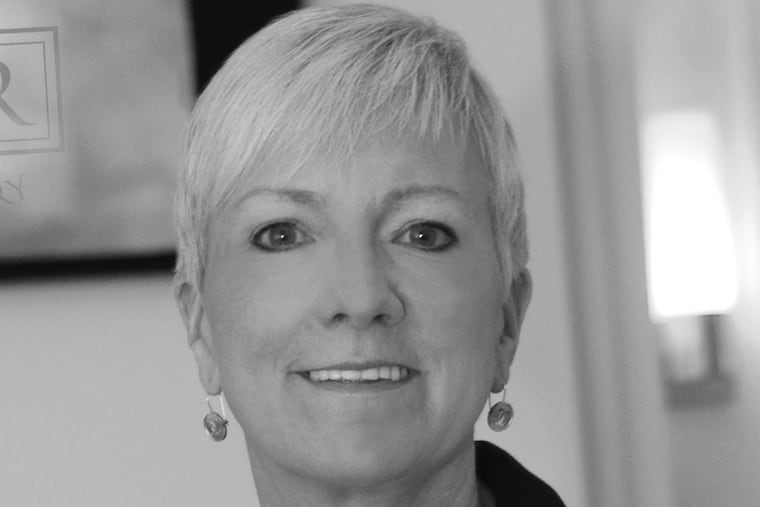Hahnemann announces medical training program for transgender surgeries
Program will develop new surgeons for gender affirmation surgeries.

Hahnemann University Hospital is launching a physician education program focused on treating transgender patients.
Hahnemann's Transgender Fellowship Training Program is the first of its kind in the area and only the second such program in the U.S. The nation's first transgender surgery and psychiatric medical fellowships were announced at Mount Sinai's Icahn School of Medicine in New York City this past summer.
In recent years, the demand for gender affirmation surgeries has grown, with a nearly 20 percent jump in the procedures just in the last year.
Hahnemann's fellowship, a one-year program, will provide training in gender affirmation surgeries, as well as pre- and post-operative care.
A year ago, the Philadelphia hospital began its Transgender Surgical Program under the direction of surgeon Kathy L. Rumer. Since then, Rumer's program has completed about 420 gender affirmation surgeries, said hospital officials. She will also direct the fellowship program.
"These are complex procedures, so we want to ensure patients have access to compassionate, capable surgeons who can help make their transitions successful," Rumer said.
Michael P. Halter, Hahnemann's chief executive officer, said hospital leadership was convinced of the need for both the surgery program and the fellowship.
"Hahnemann University Hospital prides itself on being a pioneer in medical research and advancement," Halter said. "Creating a Transgender Fellowship Training Program is the next chapter in continuing a legacy of excellence."
Hahnemann fellowship candidates will be required to complete a urological surgery or plastic surgery residency.
Many experts and advocates say there is a need for more well-trained, qualified specialists in the field.
"This specialty has been the illegitimate child of American medicine for many decades," said Jess Ting, director of surgery for the Center for Transgender Medicine and Surgery at Mount Sinai and its surgical fellowship director. "It existed on the fringes of 'accepted medicine,' and for many years no respectable hospital would allow transgender surgery to be done on its premises."
More standardization in training is needed, as well as professional certification and oversight, but the "marginalization" of the specialty has begun to give way, Ting said.
"The barriers, like social acceptance of being transgender, and the legitimacy of having gender-conforming surgery has all changed in recent years," he said.